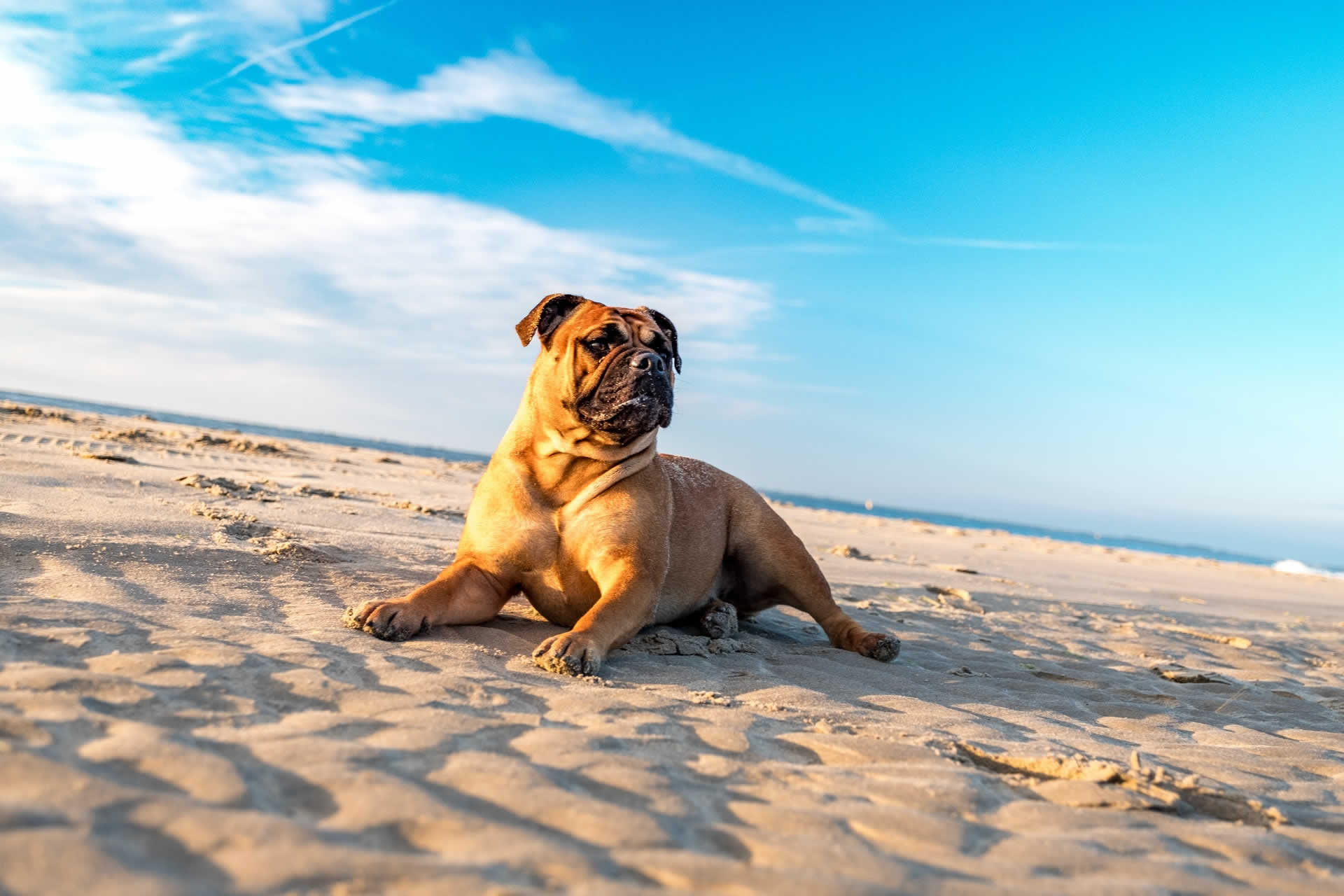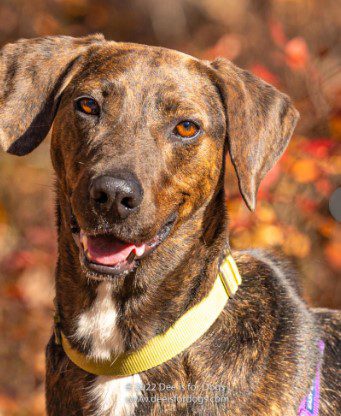
By Dr. Scarlett Magda
All too often in the summer, I get animals coming in the emergency room collapsed with difficulty breathing on death’s door. They sometimes have evidence of bleeding disorders with red or purple patches on their gums, ears or abdominal skin which are small hemorrhages. Their temperature is taken and it’s over 105 F.
Heat stroke
When I go to take a history the pet has either been enclosed in a vehicle, exercised heavily or exposed to the sun without access to shade. In some cases routine exercise during the first few hot summer days is reported, which can also cause heatstroke.
Heat stroke occurs when the body temperature is elevated because heat cannot dissipate effectively. Effects include blood clotting interference, damage to the kidneys, lungs and muscles. The intestines become leaky and bacteria can end up in the bloodstream.
In extreme cases blood flow to the brain is reduced, swelling occurs and disorientation, seizures or coma can develop. Pets require blood transfusions, oxygen, a multitude of injections and aggressive monitoring and nursing care in the fight to save their life.
I cannot stress enough the importance of getting pet insurance as cases like this cost thousands of dollars.
So please avoid exercising your pet in the heat of the day, and if they are running around in the yard, make sure they have access to shade and water, and best to watch how active they are as their desire to run and play often overrides their need to rest and cool down.
Pet beach safety
The second topic I’d like to cover is beach safety. Foot pad erosions can occur from walking on hot sand or pavement, so if it’s too hot for you, it’s also too hot for your pet. Get booties for their feet or them or carry them to moist, cooler sand.
“If it’s too hot for you, it’s also too hot for your pet.”
Be mindful of strong waves that can sweep your pet into the ocean. Small dogs weighing less than 40 lbs should not swim in strong waves, have a harness on them with a leash so you can pull them back if needed.
I have had my share of Dachshund, Shih tzu and Bulldog drownings, few survive.
Lastly, if your pet is nosing around in the sand, you’d be surprised how much sand they are actually eating! Almost every sand impaction case I have had, where sand accumulates in the intestines and decreases passage of contents, the owner says their pet wasn’t eating sand.
Bring toys like kongs, zogoflex and others like Jive ball to distract them. Stay away from tennis balls, bones or antlers as they can wear teeth down or even break them.
Summary tips:
- Don’t leave your pet in the car, even with the windows down if it’s warm outside
- Avoid exercising your pet during the heat of the day, consider walking in the morning or early evening, if it’s the afternoon and you must take them outside, bring water to cool them off, pouring on the head, back and belly, take rest in shaded areas, don’t take them on jogs in the heat.
- If your pet is digging in the sand or picking things up, best to distract them with safe toys like peanut butter stuffed kongs, zogoflex or jive balls.
If your pet is having an emergency please call 631-369-4513 for immediate assistance.
Also by Dr. Scarlett Magda:



